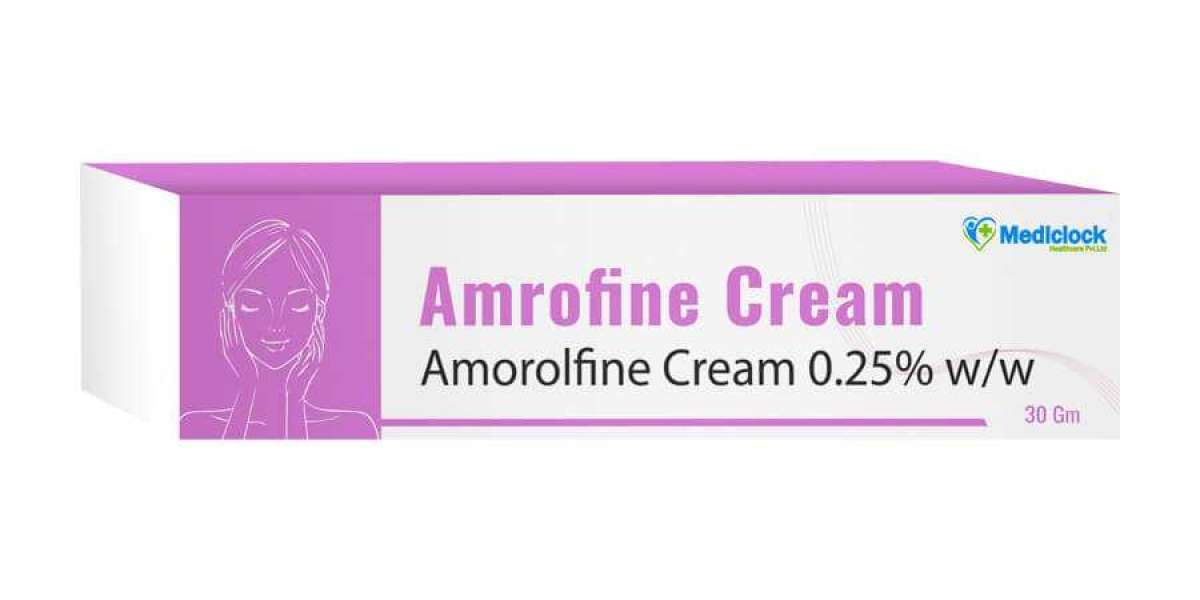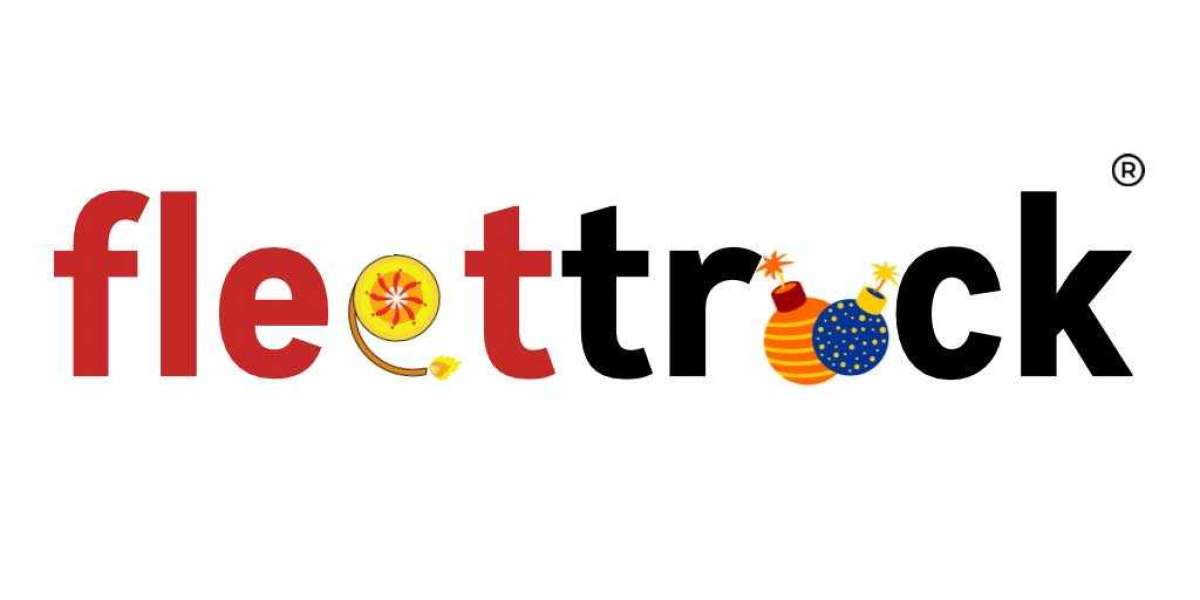The Importance of Eco-friendly Shower Materials
No break, no break, what is it eco-friendly shower materials vs. traditional materials.When it comes to designing a bathroom, the choice of shower materials plays a crucial role in the overall sustainability of the space. Eco-friendly shower materials have gained significant attention in recent years due to their positive impact on the environment. These materials are designed to minimize the use of natural resources and reduce the carbon footprint associated with traditional options.
Advantages of Eco-friendly Shower Materials
Eco-friendly shower materials offer a wide range of benefits compared to traditional options. They are often made from recycled or sustainable materials, such as bamboo, recycled glass, or natural stone. These materials not only contribute to environmental conservation but also provide a unique and stylish aesthetic to the bathroom. Additionally, eco-friendly shower materials are known for their durability and low maintenance, making them a cost-effective choice in the long run.
The Drawbacks of Traditional Shower Materials
On the other hand, traditional shower materials, such as ceramic tiles, porcelain, or fiberglass, are known for their high environmental impact. The production of these materials often involves the extraction of natural resources and the emission of harmful pollutants. Moreover, traditional shower materials may require frequent maintenance and replacement, leading to increased waste generation and higher costs over time.
Exploring Innovative Alternatives
As the demand for eco-friendly shower materials continues to grow, manufacturers and designers are exploring innovative alternatives to traditional options. For example, bio-based polymers, such as recycled plastic or plant-based resins, are being used to create sustainable shower materials that offer both functionality and environmental benefits. Additionally, advanced manufacturing techniques, such as 3D printing, are enabling the production of customizable and resource-efficient shower materials.








